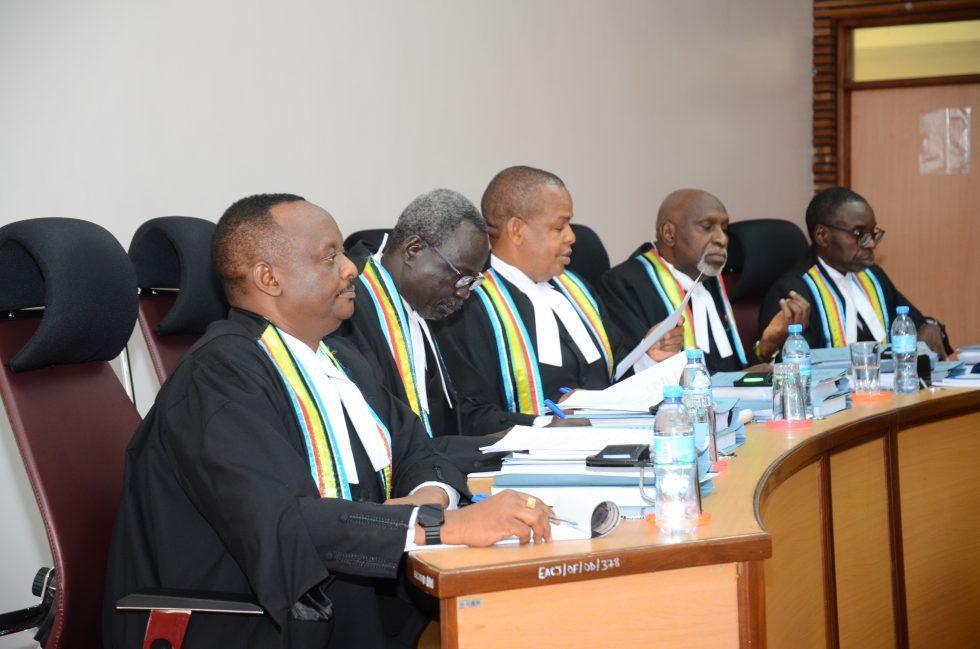Africa-Press – South-Sudan. The East African Court of Justice (EACJ) announced this week it will not be holding court sessions scheduled for June 2024 due to funding crisis.
The regional tribunal said it deeply regrets the postponement of scheduled session of the First Instance Division in June 2024, due to delayed contribution from partner states.
“Owing to delayed remittances from the Partner States, the Court was unable to conduct the May 2024 session of the Appellate Division, and the June 2024 session of the First Instance Division will not be convened as scheduled,” a statement reads.
EACJ said the challenge significantly impedes its primary function, which is to promptly hear and adjudicate cases brought before it.
It further underscored that there has been a notable increase in the backlog of cases, with over 200 currently awaiting resolution before the EACJ.
The tribunal urgently appeals to all Partner States to acknowledge the gravity of the present situation and to ensure the timely remittance of funds to facilitate the smooth functioning of the Court and uphold effective justice delivery.
“The Court acknowledges the inconvenience this situation may cause to all parties involved. Please be assured that the Court will diligently reschedule the sessions at the earliest convenience,” it added.
The postponement of cases hearing at the tribunal comes at the time when South Sudan Ministry of Justice was expected to respond to a lawsuit over the “illegal detention” of former Juba mayor, Kalisto Lado.
In recent years, there has been an increasing trend of South Sudanese preferring to have their legal disputes settled in the East African Court – in what analysts perceive as a distrust in the country’s judiciary system.
The court is one of the organs of the East African Community established under Article 9 of the Treaty for the Establishment of the East African Community.
It was established in November 2001, with its key mandate to ensure the adherence to law in the interpretation and application of and compliance with the EAC Treaty.
For More News And Analysis About South-Sudan Follow Africa-Press






